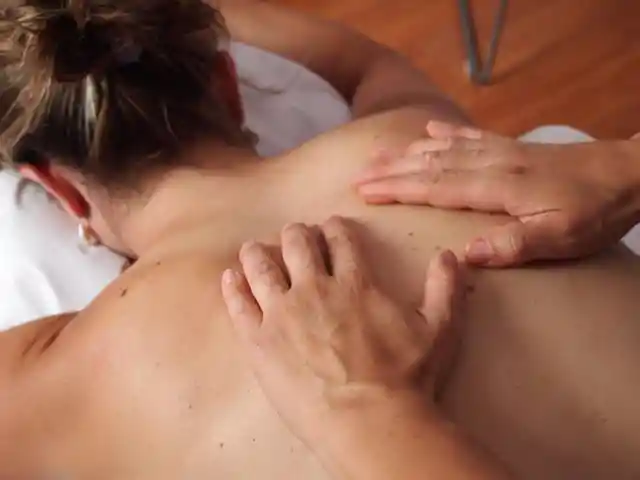We are heading toward the cold winter months. While some can't wait for it to get colder, others are already longing for summer. We understand the latter especially if you suffer from an annoying winter ailment: winter itch. We explain where that itchy skin comes from and what you can do about it.


What is winter itch?
During the winter months, the air is a lot drier. In addition, we turn on the heating to stay warm. The downside is that this causes your skin to dry out faster. The moisture in your skin evaporates, causing your skin to become drier and eventually develop flakes. In some cases, eczema also develops because your immune system wants to repair your epidermis. Then, substances are released into your skin that cause itching. And with winter itch, as soon as you scratch, the itching often only gets worse.
How do you recognize winter itch?
There are several symptoms by which you can recognize winter itch. The skin looks dry and scaly and sometimes eczema appears with redness, bumps, and blisters. You can also recognize it by skin with a cracked aspect. This looks a bit like the cracks in the paint of an old painting. Winter itch occurs mainly on the upper back, arms, and legs and sometimes on the face and neck. Especially people with sensitive skin are more likely to suffer from it.


Why the upper back?
Winter itching often occurs on the upper back and there's a good reason for it. When you shower hot, your back gets the most exposure to the hot water, which dries out the skin faster. Therefore, to combat winter itching on your upper back, it is better to shower briefly and use lukewarm water.
What can you do against winter itching?
It is good to know that this itching disappears when the temperature rises again. But there are several things you can do to combat winter itching when you suffer from it.
- Don't shower for too long and not too hot. A water temperature of 35-36 degrees is best and don't shower for more than five minutes.
- Use a hypoallergenic and perfume-free shower gel or shower oil.
- After showering, it is important to care for your skin with a moisturizer. Preferably a perfume-free and hypoallergenic variety.
- Ventilate your house well even in winter by opening a window, for example.
Are you worried about itching or does it bother you a lot? Then it is wise to contact your doctor or a dermatologist.